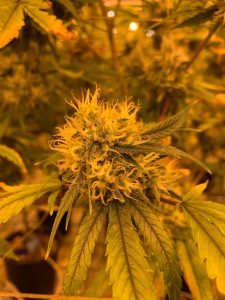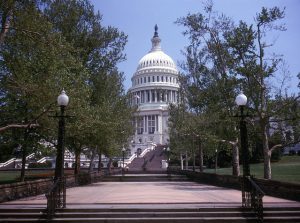California Cannabis Growers at Pains as License Renewals Drag
California marijuana farmers are facing a crisis. Currently, all 9,464 state issued temporary cannabis cultivation licenses, have expired. Meant to be replacing those, for businesses continuing to meet the required regulations, are either provisional or permanent annual cannabis business licenses.
The catch though, the California Department of Food and Agriculture (CDFA) is yet to show its ability to approve those provisional or permanent licenses, at the same pace applications are being lodged.

The backlog on approvals may be due to the complexity of the licensing application process itself. Tellingly, by mid July 2019, only 2,053 provisional licenses and 230 permanent licenses had been granted. As it stands, when applying for prospective licenses, cannabis farmers are expected to demonstrate compliance with the stringent California Environmental Quality Act (CEQA), as well as submit:
- Background checks;
- Surety bonds;
- Real property documents;
- Detailed site plans;
- Farm management practices;
- Waste management protocols;
- Security procedures; and
- Pesticide measures.
 Cannabis Law Group's Medical Marijuana Legal Blog
Cannabis Law Group's Medical Marijuana Legal Blog







 Marijuana supporters in California rejoiced late last month as legislation passed by the U.S. House of Representatives could afford the industry more freedom to grow. Currently, the recreational use and sale of marijuana is legal in California, along with 10 other states, and Washington D.C. But federal law continues to classify cannabis as a Schedule 1 narcotic. While it is yet to happen, this makes folks in the cannabis industry weary, as the door remains open for the federal government to prosecute against cannabis related businesses, even in states that have legalized marijuana.
Marijuana supporters in California rejoiced late last month as legislation passed by the U.S. House of Representatives could afford the industry more freedom to grow. Currently, the recreational use and sale of marijuana is legal in California, along with 10 other states, and Washington D.C. But federal law continues to classify cannabis as a Schedule 1 narcotic. While it is yet to happen, this makes folks in the cannabis industry weary, as the door remains open for the federal government to prosecute against cannabis related businesses, even in states that have legalized marijuana.




